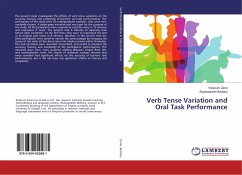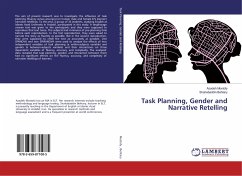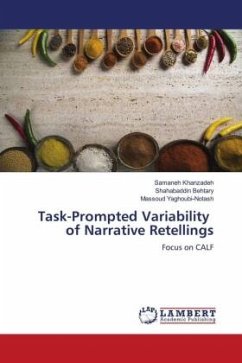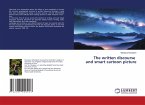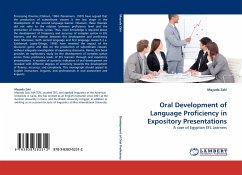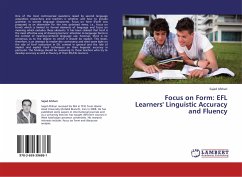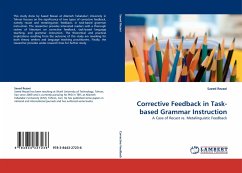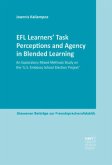The present study investigated the effects of verb tense variations on the accuracy, fluency, and complexity of learners' oral task performances. The participants of this study were 28 undergraduate students, who were non-randomly chosen. A single-page narrative text was used for the purpose of the study. All 28 participants were required to read the story in 15 minutes and reproduce it twice. The subjects had 4 minutes of planning time before each narrations. At the first time, they were to reproduce the text as its original past tense in 8 minutes. However, in the second time the same participants were asked to narrate the same passage by changing the tenses of the verbs of the short story into simple present within 8 minutes. The oral narratives were recorded, transcribed, and coded to measure the accuracy, fluency, and complexity of the participants' performances. The obtained data, then, were analyzed utilizing Wilcoxon Singed Rank Test and matched-pairs t-test. The results of statistical analyses showed that tense variation had significant effects on the accuracy of learners' task performances, but it did not have any significant effects on fluency and complexity.
Bitte wählen Sie Ihr Anliegen aus.
Rechnungen
Retourenschein anfordern
Bestellstatus
Storno

